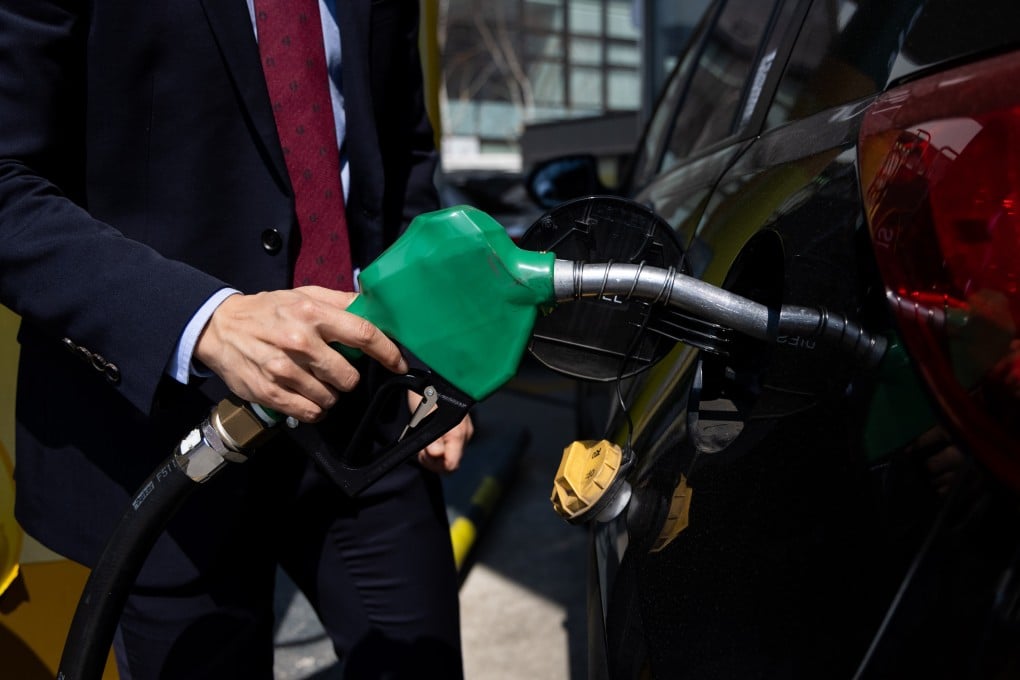Advertisement
South Korea quietly makes other energy supply plans as Russia faces fresh sanctions
- Asia’s fourth-largest economy is heavily dependent on exports and needs a stable fuel supply for trade
- Russia is not the biggest exporter to South Korea but it is gearing up for supply shocks, even as it’s keen to keep the door open for Russian imports
Reading Time:4 minutes
Why you can trust SCMP
8

Park Chan-kyongin Seoul
South Korea is worried about knock-on effects from the Ukraine war on the prices of raw materials it needs to produce goods for export, as it relies on trade to survive more than any other Asian nation.
Advertisement
Its exports contributed 36 per cent of Gross Domestic Product as of 2017, according to the International Monetary Fund – the third-highest among the Organisation for Economic Cooperation and Development’s 38 members, following the Netherlands (64 per cent) and Germany (39 per cent).
The fourth-largest economy in Asia almost entirely relies on imports for its fossil fuel needs, depending on Russian gas and oil for 5-10 per cent of its total energy imports. Most of its crude oil comes from the Middle East and the US, with Russia providing about 5.6 per cent of supply. Russia was South Korea’s second-largest coal supplier after Australia, providing about 17 per cent of the country’s coal imports.

“The direct fallout on South Korea from the Ukraine war is rather limited in light of the limited trade volumes with Russia and Ukraine,” said Jeong Min-hyeon, an analyst at the Korea Institute for International Economic Policy.
“However, increases in prices of raw materials and other imported products are likely to dent the economy as energy costs account for a large part of overall manufacturing costs,” he said.
Francisco Blanch, global commodities head at Bank of America, said in March that Brent crude oil – one of three main benchmarks for prices – could soar to US$150 a barrel by the summer, with a probable “ugly scenario” leap beyond US$200 per barrel if European countries implement oil sanctions on Russia.
Advertisement

Advertisement